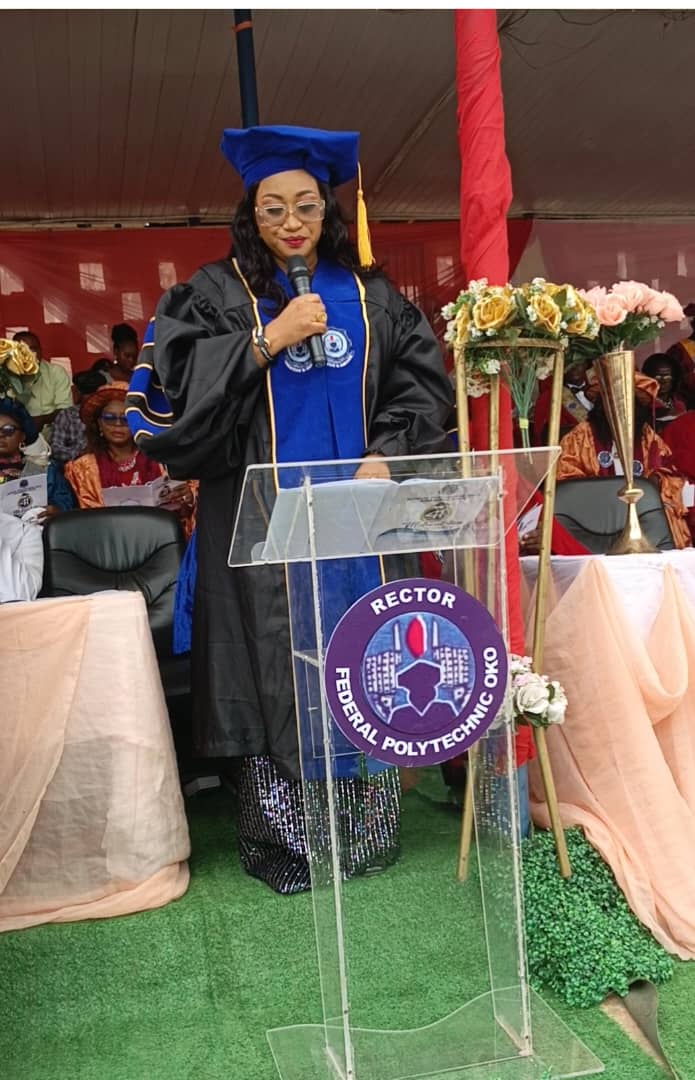Manchester City manager Pep Guardiola has been named men’s coach of the year at the Fifa Best Awards in London.
City won the Treble of Premier League, Champions League and FA Cup in 2022-23.
There could be more City awards as striker Erling Haaland has been nominated for men’s player of the year, against Lionel Messi and Kylian Mbappe.
City goalkeeper Ederson is also on the three-man shortlist for the goalkeeper award, along with Real Madrid’s Thibaut Courtois and Al Hilal’s Yassine Bounou.
Brighton midfielder Julio Enciso was one of three nominations for the Puskas Award, handed out to the player that had scored the best goal.
Enciso scored a spectacular long-range strike in the Seagulls’ 1-1 draw at home
The Fifa Best Awards generally cover a calendar year and are different to the Ballon d’Or awards, which reflect performances across a season.
The Puskas award – named after Hungarian legend Ferenc Puskas – was decided by pundits.
Men’s coach of the year was the first award of the night, with Guardiola winning it ahead of Luciano Spalletti and Simone Inzaghi.
Spalletti guided Napoli to their first Serie A title in 33 years with a record-equalling five games to spare.
Inzaghi was nominated after winning the Coppa Italia with Inter Milan and taking them to the Champions League final, where they lost 1-0 to Manchester City.
There were six Manchester City players named in the men’s team of the year – defenders John Stones, Kyle Walker and Ruben Dias, midfielders Bernardo Silva and Kevin de Bruyne and striker Haaland.
Real Madrid midfielder Jude Bellingham was the only English player named in the side.
Alex Ogbonnaya
FUTA Gives Students 24-hour To Vacate Campus Over Protest
The Federal University of Technology Akure (FUTA) on Monday postponed the resumption for the 2023/2024 academic session following protests by students over a hike in the tuition fee.
According to the management of the institution, all students on campus and residing in university hostels must vacate the premises within 24 hours.
In a statement issued by the institution’s Director of Corporate Communication, Adegbenro Adebanjo, it was stated that the move was taken as a precautionary measure to ensure the safety and security of all students and members of staff.
The management, however, said that the tuition was not increased but some certain consumables and services.
“It is important to say that tuition is free and no money is being charged as a tuition fee. To ensure the smooth running of the university, certain consumables and payments for municipal services such as electricity, water, hostel maintenance and cleaning, and sundry other services.
“Other costs that were adjusted as a result of economic reality include medical examinations for all new students, biometric ID cards and Tertiary Institutions Students Health Insurance Programme, TISHIP, administered by NHIS for students and final yearbook.
“The costs of providing the services have shot up and the new charges are in response to this.
Chinelo
2024 UTME: JAMB Certifies 747 CBT Centres For Registration
The Joint Admissions and Matriculation Board, JAMB, has certified 747 Computer Based Test, CBT, Centres for the 2024 UTME exercise scheduled to begin on Monday.
The Board made this known in a bulletin issued in Abuja by the Public Communication Advisor, PAC, Dr Fabian Benjamin, shortlisting 907 CBT centres for accreditation, but after revalidation and integrity tests, it could only certify 747 centres for the 2024 UTME exercise.
A NAN reporter who monitored registration at various CBT centres in the Federal Capital Terrritory, FCT, and its environs revealed that candidates were seen in their numbers at the various centres visited.
At the Future Gate CBT centre in One-Man Village, a candidate, Chinaza Onuegbu, who expressed worry over his inability to register, said he was directed to register in another centre without any reason.
Onuegbu, however, said that on another thought, he went back to request why he won’t be allowed to register but was told to come back on Tuesday with his JAMB profile code, which he has not gotten.
“I was at the Future Gate to register for my Direct Entry but was not allowed to register. I was told to go to another CBT centre if allowed.
“I moved to another centre within that vicinity but was told to return to the Future Gate to resolve any problem.
“I was, however, asked to go home and get my profile code and bring it tomorrow so I can be registered.”
“Immediately I got back to Future Gate centre, I met someone who told me to bring my profile code, but I could not produce it because I didn’t understand what it meant.
Some of the candidates shared their experiences, saying the registration was seamless, while others said otherwise.
Chinelo
NSEMA Confirmed 100 Passengers Was Involved In A Capsized Boat
The Niger State Emergency Management Agency, NSEMA, has confirmed the report of a boat accident that occurred in Borgu Local Government Area of the state.
The Director-General of the agency, Alhaji Abdullahi Baba-Arah, disclosed this in a statement in Minna on Monday.
He stated that the incident happened on Monday afternoon, adding that the boat took off from Dugga Mashaya in Dugga Ward, and was headed to Wara Market in Kebbi State.
Baba-Arah noted that the boat was conveying 100 passengers including goods, grains and other valuables.
NSEMA has yet to ascertain the number of deaths and survivors, he revealed but at the moment, search-and-rescue operations are ongoing by local divers, NSEMA desk officers and local government officials.
Chinelo
Tackling The Rising fake Drugs On A Global Level
Globally fake drugs kill more than 250000 children a year according to recent statistics, the menace has continued to grow despite many efforts to put an end to it.
The rise of counterfeit pharmaceuticals has become a complex and pervasive issue, undermining the trust in healthcare systems and jeopardizing the lives of millions.
What are counterfeit drugs?
Counterfeit drugs, often inaccurately labeled as genuine products, can contain ineffective, substandard, or even harmful ingredients.
These fraudulent medications infiltrate the legitimate pharmaceutical supply chain through various channels, such as illegal online pharmacies, unauthorized distribution networks, and corrupt practices within the industry itself. The World Health Organization (WHO) estimates that up to 10% of drugs available worldwide may be counterfeit, with even higher percentages in some regions.
The United States and many other countries are battling the surge of counterfeit pills laced with fentanyl.
The consequences of the proliferation of fake drugs are dire and far-reaching. Patients unknowingly consuming counterfeit medications may experience treatment failure, worsening of their health conditions, and, in extreme cases, death.
Beyond the individual level, the spread of fake drugs undermines public trust in healthcare systems, making people hesitant to seek medical treatment and follow prescribed regimens.
Factors Fueling the Rise
Several factors contribute to the rising trend of fake drugs globally. Rapid advancements in technology, particularly the internet, have facilitated the growth of online pharmacies, making it easier for criminals to reach a vast number of consumers. Weak regulatory frameworks, corruption, and insufficient enforcement mechanisms in many countries create opportunities for counterfeiters to infiltrate the supply chain.
Globalization has also complicated the issue, as pharmaceutical supply chains often span multiple countries, making it challenging to trace and regulate the production and distribution of medications.
Addressing the rising trend of fake drugs requires a comprehensive and collaborative approach involving governments, regulatory bodies, pharmaceutical companies, healthcare professionals, and the public.
key strategies to tackle this pressing issue:
Strengthening Regulatory Frameworks: Governments need to enhance and enforce regulatory frameworks to ensure the quality, safety, and efficacy of pharmaceuticals. This includes investing in robust inspection systems, implementing stringent penalties for counterfeiters, and fostering international cooperation to combat cross-border illicit activities.
Technology and Traceability: Leveraging technology, such as blockchain and track-and-trace systems, can provide transparent and secure supply chains. These innovations enable the monitoring of pharmaceuticals from production to distribution, reducing the likelihood of counterfeit products entering the market.
Public Awareness and Education: Educating the public about the risks of purchasing medications from unverified sources is crucial. Public awareness campaigns can empower individuals to make informed choices and recognize the signs of counterfeit drugs.
Collaboration and Information Sharing: Stakeholders, including governments, pharmaceutical companies, and law enforcement agencies, must collaborate and share information to identify and dismantle counterfeit drug networks. International cooperation is essential, as fake drugs often traverse multiple jurisdictions.
Industry Collaboration: Pharmaceutical companies should work together to implement common standards for packaging, labeling, and authentication technologies. Sharing best practices and collectively investing in anti-counterfeiting measures can create a more resilient defense against fake drugs.
Enhanced Penalties and Legal Measures: Governments should enact and enforce stringent penalties for those involved in the production and distribution of counterfeit drugs. This includes imposing hefty fines, confiscating assets, and ensuring that the legal consequences act as a significant deterrent.
Tackling the rising trend of fake drugs is a complex challenge that requires a coordinated effort from all stakeholders involved in the pharmaceutical ecosystem.
Governments, regulatory bodies, industry players, healthcare professionals, and the public must unite to implement stringent measures, invest in technology, and raise awareness to protect individuals and preserve the integrity of healthcare systems globally.
Only through collaborative and decisive action can we hope to stem the tide of counterfeit drugs and secure a safer future for patients around the world.




